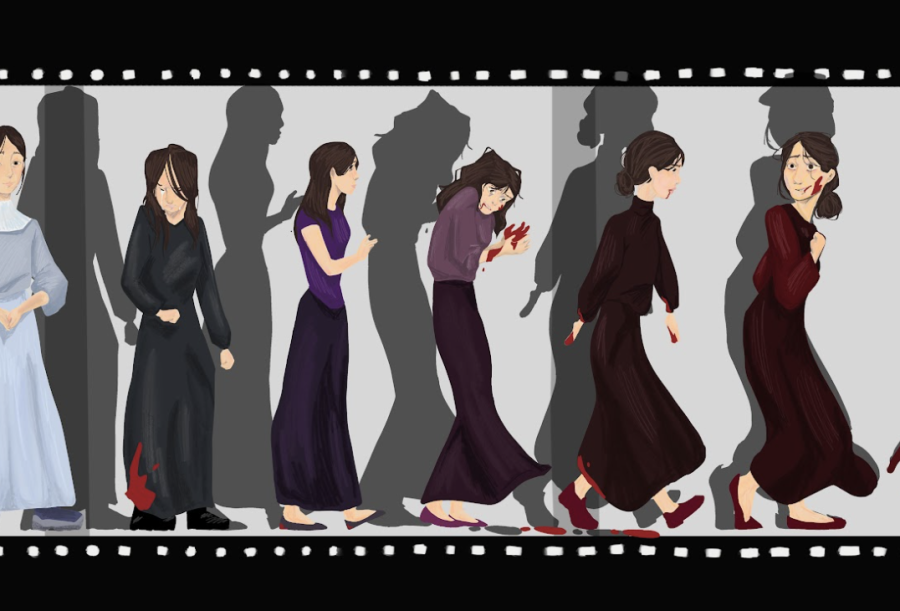‘God loves you, but not enough to save you’ is a powerful lyric in which Ethel Cain tackles the paradox of God’s love amidst her suffering. A key religious theme in her hauntingly captivating album “Preacher’s Daughter.”
Hayden Silas Anhedönia, also known by her stage name Ethel Cain, explores her rough southern Baptist upbringing and her brutal emotional relationships. As a trans-gay teenager in a religious family with her father as a deacon, Cain encountered significant backlash both from her devout family and the church, shaping her complex relationship with religion and God. “Preacher’s Daughter” explores the journey of her fictional character, Ethel Cain, who mirrors her traumatic experience with an unexpected twist.
In the album’s broody opening track, “Family Tree (Intro)”, the lyrics ‘Jesus can always reject his father /But he cannot escape his mother’s blood’ serve as a religious metaphor for Cain’s inescapable bond with her family, despite her feelings of resentment towards them; in the following track, “American Teenager,” the music shifts dramatically to a lively pop style. A euphoric song that radiates a vibe of weightlessness through Cain’s shimmer reverb.
Cain reflects on life in her southern hometown, where she felt alienated from others in places like high school football games and the local church, captured in lyrics like ‘I do what I want/Crying in the bleachers and I said it was fun.’
Then, the album continues to switch back and forth between breathless moments, as she sings about traveling and exploring the countryside with a newfound lover, Isaiah, and reflects on struggling to maintain her faith. She sings about the latter in ‘“Sun Bleached Flies” featuring a soft piano melody and poignant lyricism.
Finally, the album turns to the tense, fearful incident that results in her life’s end as she is cannibalized. In the final song, ‘“Strangers,” Cain internalizes blame for how her death occurred, trying to make sense of the pain she endured, with the lyrics, ‘I tried to be good, am I no good?’ Cain led a traumatic life and only wanted someone who would desire her back. It’s later revealed that Cain ascends to Heaven, in which she consoles her mother from the afterlife to not dwell on her death. In death, Cain’s overall journey sends a profound message to release past trauma, as holding onto them can ruin you.
Due to her traumatic upbringing, Ethel Cain lived recklessly, using it as a distraction from her generational trauma instead of choosing forgiveness and forgetting.










